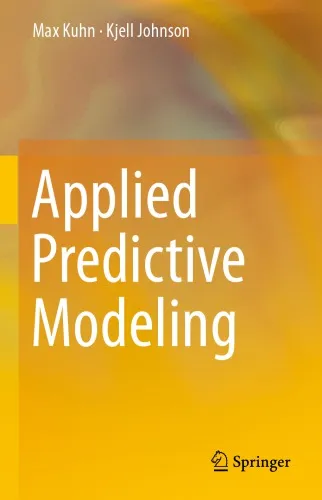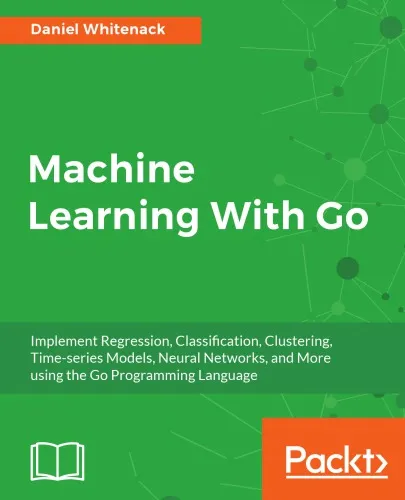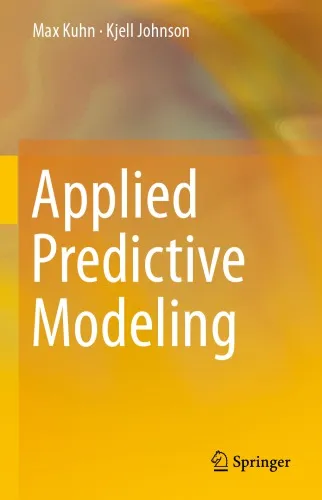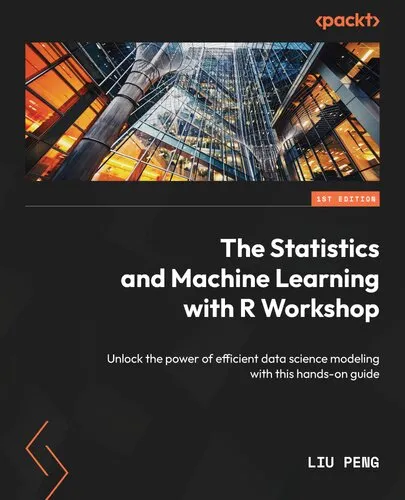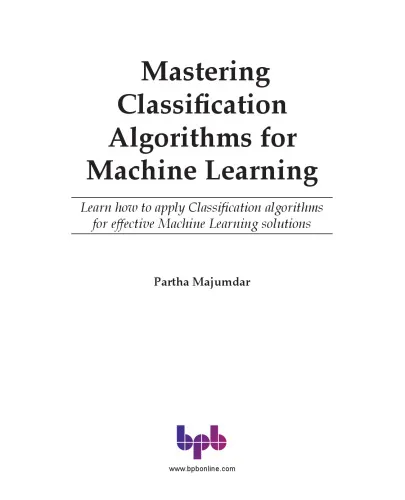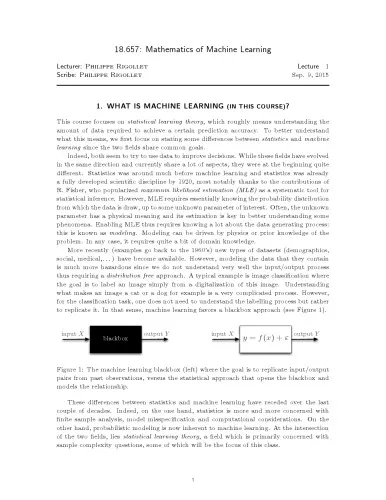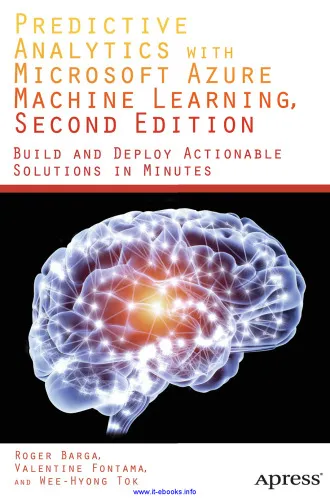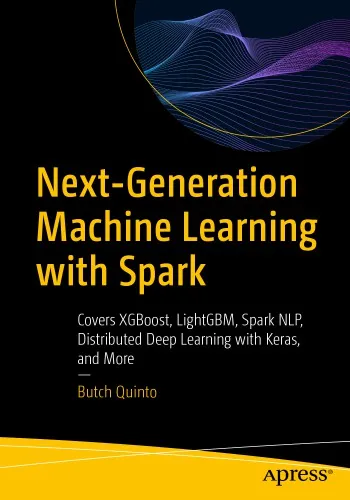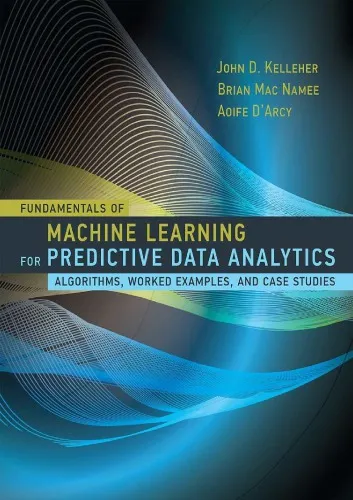Applied Predictive Modeling
4.7
Reviews from our users

You Can Ask your questions from this book's AI after Login
Each download or ask from book AI costs 2 points. To earn more free points, please visit the Points Guide Page and complete some valuable actions.Related Refrences:
Welcome to an engaging overview of "Applied Predictive Modeling" by Max Kuhn and Kjell Johnson, a monumental guide that empowers professionals and enthusiasts to grasp the intricacies of predictive modeling methods. This HTML-formatted introduction will capture the essence of the book, summarizing its value and key lessons for readers immersed in data science and predictive analytics.
Detailed Summary of the Book
"Applied Predictive Modeling" is a comprehensive resource designed specifically for solving real-world predictive modeling problems. Targeted at both beginners and professionals, the book provides a balanced mix of theoretical concepts and practical applications. It serves as a hands-on guide to modern statistical learning methods, offering detailed examples and R scripts that help bring critical methodologies to life.
The book is structured into four logical sections:
- General Strategies: Introduces the modeling process, covering topics such as data pre-processing and exploratory data analysis.
- Regression Models: Explains techniques for numerical outcomes, ranging from linear regression to more complex approaches like multivariate adaptive regression splines (MARS).
- Classification Models: Focuses on predicting categorical outcomes using methods like decision trees, support vector machines, and ensemble techniques.
- Additional Topics: Covers critical concepts such as performance evaluation, feature selection, and dealing with high-dimensional data.
What truly sets this book apart is its emphasis on practical, end-to-end solutions. It not only teaches key algorithms but also dives deep into considerations such as data cleaning, overfitting, bias-variance trade-offs, and model interpretation—making it an invaluable tool for practitioners aiming to achieve business or research-oriented goals.
Key Takeaways
- Gain a deep understanding of predictive modeling techniques suitable for regression and classification tasks.
- Learn how to preprocess, visualize, and analyze data effectively before creating models.
- Master state-of-the-art methods like tree-based algorithms, ensemble methods, partial least squares, and more.
- Develop skills to evaluate model performance using proper metrics and cross-validation techniques.
- Understand strategies for preventing overfitting and producing reliable, generalizable models.
- Leverage cutting-edge R code to apply theoretical knowledge practically in data-driven projects.
Famous Quotes from the Book
Here are some memorable excerpts that reflect the book's core philosophy:
"The cornerstone of building predictive models is understanding the data—not just what it represents, but also its nuances and potential flaws."
"Overfitting is the enemy of any predictive model. A good model strikes a delicate balance between complexity and simplicity."
"There is no one-size-fits-all solution in predictive modeling; the choice depends heavily on the problem, the data, and the desired outcome."
Why This Book Matters
The field of predictive modeling has experienced exponential growth, driven by the rise of machine learning and an explosion of data-driven decision-making across industries. "Applied Predictive Modeling" emerges as a cornerstone in this landscape, guiding readers through the complex journey of turning raw data into actionable insights.
The authors, Max Kuhn and Kjell Johnson, bring years of professional expertise to this work, ensuring it addresses real-world challenges. With its strong emphasis on methodology and hands-on examples, the book not only demystifies predictive modeling techniques but also establishes best practices for constructing reliable and interpretable models. Whether you are a data scientist, analyst, researcher, or student, this book equips you with tools to succeed in both academic and applied settings.
Furthermore, the use of R code throughout the book makes it particularly appealing for professionals in open-source communities. "Applied Predictive Modeling" stands out by bridging the gap between theoretical knowledge and practical implementation, ensuring that readers come away with both understanding and tangible skills.
In a field as dynamic as predictive analytics, this book offers the kind of timeless guidance that remains relevant across evolving technologies and trends.
Free Direct Download
You Can Download this book after Login
Accessing books through legal platforms and public libraries not only supports the rights of authors and publishers but also contributes to the sustainability of reading culture. Before downloading, please take a moment to consider these options.
Find this book on other platforms:
WorldCat helps you find books in libraries worldwide.
See ratings, reviews, and discussions on Goodreads.
Find and buy rare or used books on AbeBooks.
1223
بازدید4.7
امتیاز0
نظر98%
رضایتReviews:
4.7
Based on 0 users review
Questions & Answers
Ask questions about this book or help others by answering
No questions yet. Be the first to ask!
